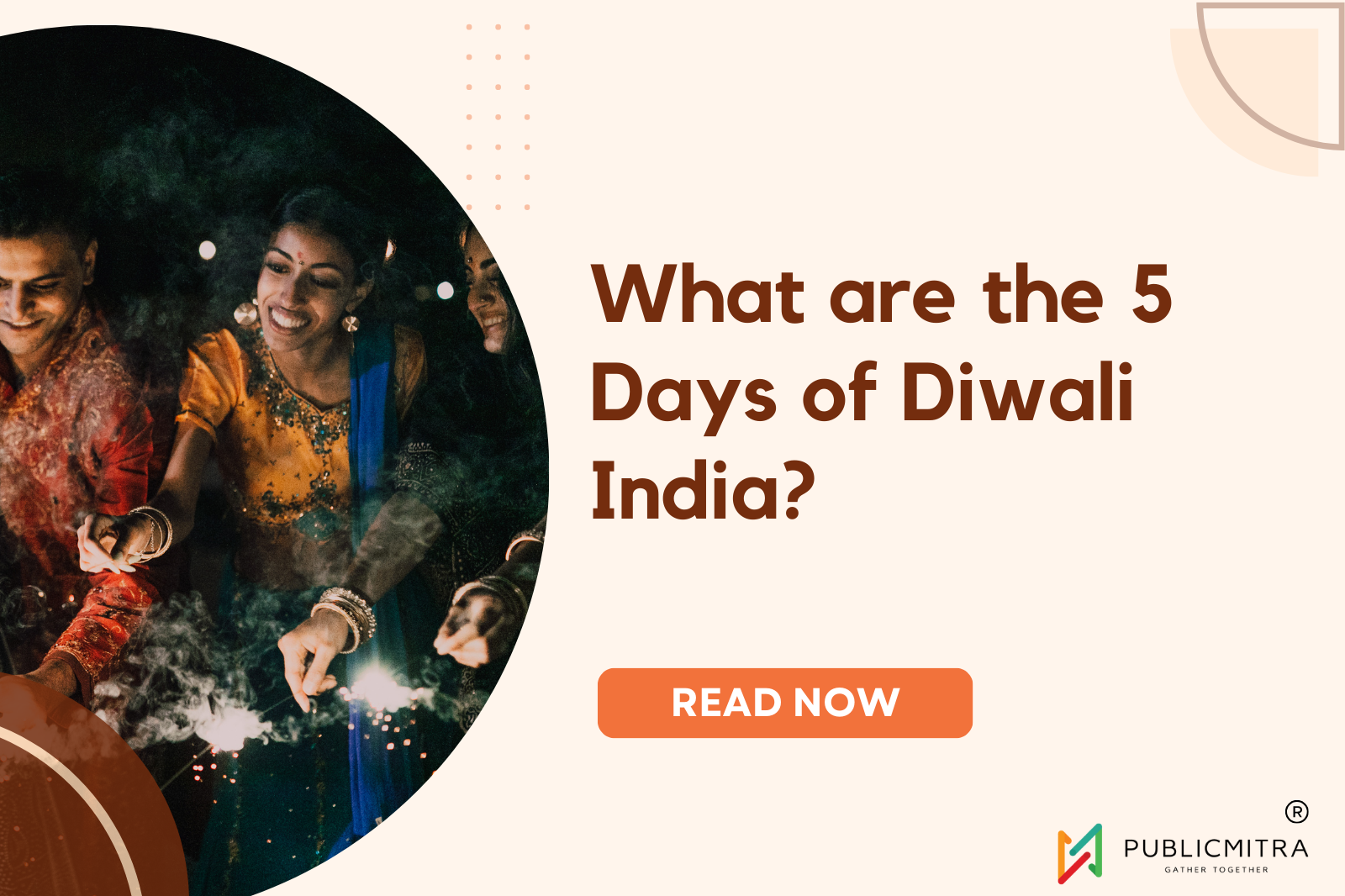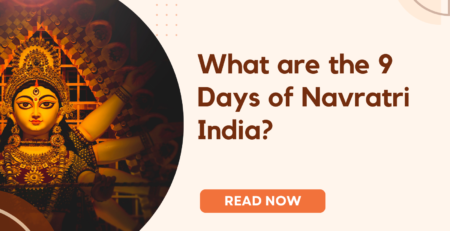What Are The 5 Days of Diwali India? – Get To Know The Specialty Of These 5 Days
In India, Diwali, also known as the Festival of Lights, is a five-day festival. It all starts with Dhanteras, the Hindu festival of wealth and prosperity. The second day, Chhoti Diwali, commemorates the triumph of good over evil. The main event, Lakshmi Poojan, takes place on the third day, and homes are decorated with lamps. On the fourth day, Govardhan Poojan honours Lord Krishna. The festival culminates with Bhai Dooj, which honours the bond between brothers and sisters.
1. Dhanteras
Dhanteras marks the auspicious start of India’s five-day Diwali festival. It occurs on the 13th day of the Hindu month of Kartik’s dark fortnight. This day is dedicated to the worship of Lord Dhanvantari, the Ayurvedic god, and Goddess Lakshmi, the wealth and prosperity deity. People clean and decorate their homes with traditional Rangoli designs. It is a time when families buy gold, silver, or utensils in order to bring good luck.
2. Chhoti Diwali
The second day of the Diwali festival is known as Chhoti Diwali, also known as Naraka Chaturdashi or Kali Chaudas. It occurs on the 14th day of the Hindu month of Kartik’s dark fortnight. To symbolise the triumph of light over darkness, people often take a special oil bath, apply kumkum and light oil lamps. Chhoti Diwali celebrates the removal of negativity and the triumph of good over evil, paving the way for the grand Diwali celebration.
3. Lakshmi Poojan
The central day of the Diwali festival, Lakshmi Poojan, falls on the third day. It is devoted to Goddess Lakshmi, the deity of wealth and prosperity. To welcome her, families light oil lamps, pray, and decorate their homes. On this day, it is believed that Goddess Lakshmi enters clean and well-lit homes, bestowing wealth and fortune. During Diwali, people exchange gifts and sweets, enhancing the spirit of unity and happiness.
4. Govardhan Poojan
Govardhan Poojan, also known as Annakut, is observed on Diwali’s fourth day. On this day, Lord Krishna raises Govardhan Hill to protect the people of Vrindavan from torrential rain. People make elaborate food offerings, often in the shape of a mountain, and worship Lord Krishna. It represents gratitude for nature’s bounty as well as the importance of environmental protection.
5. Bhai Dooj
Bhai Dooj, also known as Bhai Phota in some areas, is the fifth day of Diwali. It is a day set aside to honour the bond between brothers and sisters. Sisters perform aarti and place a sacred red mark (tilak) on the foreheads of their brothers, wishing them long lives and prosperity. In turn, brothers present gifts and express their love and protection for their sisters. This day celebrates the love between siblings and strengthens familial ties.
In India, the five days of Diwali are a beautiful tapestry of traditions and celebrations. Diwali, which begins with Dhanteras and ends with Bhai Dooj, is a time of spiritual significance, illumination, and family bonds. Each day has its own significance, from invoking wealth and prosperity to commemorating the triumph of light over darkness and strengthening the sibling bond. Diwali brings people together in celebration of the triumph of good over evil and the hope for a better future.








